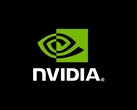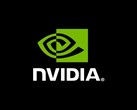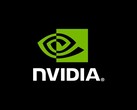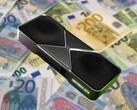Nvidia has presented an unreleased B30 variant of its AI GPUs to U.S. officials for China export clearance, with people familiar with the talks claiming that the chip can offer up to 80 percent of “full” Blackwell peak performance. Trump has publicly signaled openness to ship Blackwell chips to China as long as they are 30 to 50 percent less powerful than the flagship. He was quoted as being willing to approve a “somewhat enhanced negatively” Blackwell chip.
Washington banned H20 sales in mid-April, triggering a reported $5.5 billion write-off at Nvidia. The ban was reversed just three months later. There is a catch this time, however, with Nvidia being required to pay the U.S. government equivalent to 15 percent of China-bound sales. This reversal resulted in Chinese customers rushing to order the newly available H20 chips, with Nvidia reportedly placing hundreds of thousands of H20 orders with TSMC.
Things, however, went downhill relatively fast. Chinese state media labeled the H20 chip as “unsafe” and “outdated”, with authorities discouraging local companies from purchasing the chips. Beijing claimed that Nvidia’s H20 chips contain “trackers/backdoors,” a claim that Nvidia has denied. In addition to that, authorities were insulted by U.S. Commerce Secretary Howard Lutnick’s “addiction” remark. Reports indicate that the company has asked suppliers to scale down H20 production while it lines up the next step for China.
In response to these restrictions, some officials in the White House view Beijing’s actions as supporting domestic competitors such as Huawei. Despite this, many Chinese buyers reportedly continue to prefer Nvidia chips over local alternatives due to limited domestic supply and a less developed software stack.
Meanwhile, early Blackwell models designed for China reportedly excluded high-bandwidth memory (HBM) and multi-GPU interconnect features to limit scaling and peak throughput. Samples of Nvidia’s new China-oriented chips have been tested by some Chinese companies, with reports indicating “positive results.” If Nvidia’s new B30 chips for China receive late approval or if performance reductions are significant, domestic suppliers such as Huawei may gain market share at Nvidia’s expense.
Source(s)
WSJ (in English)














